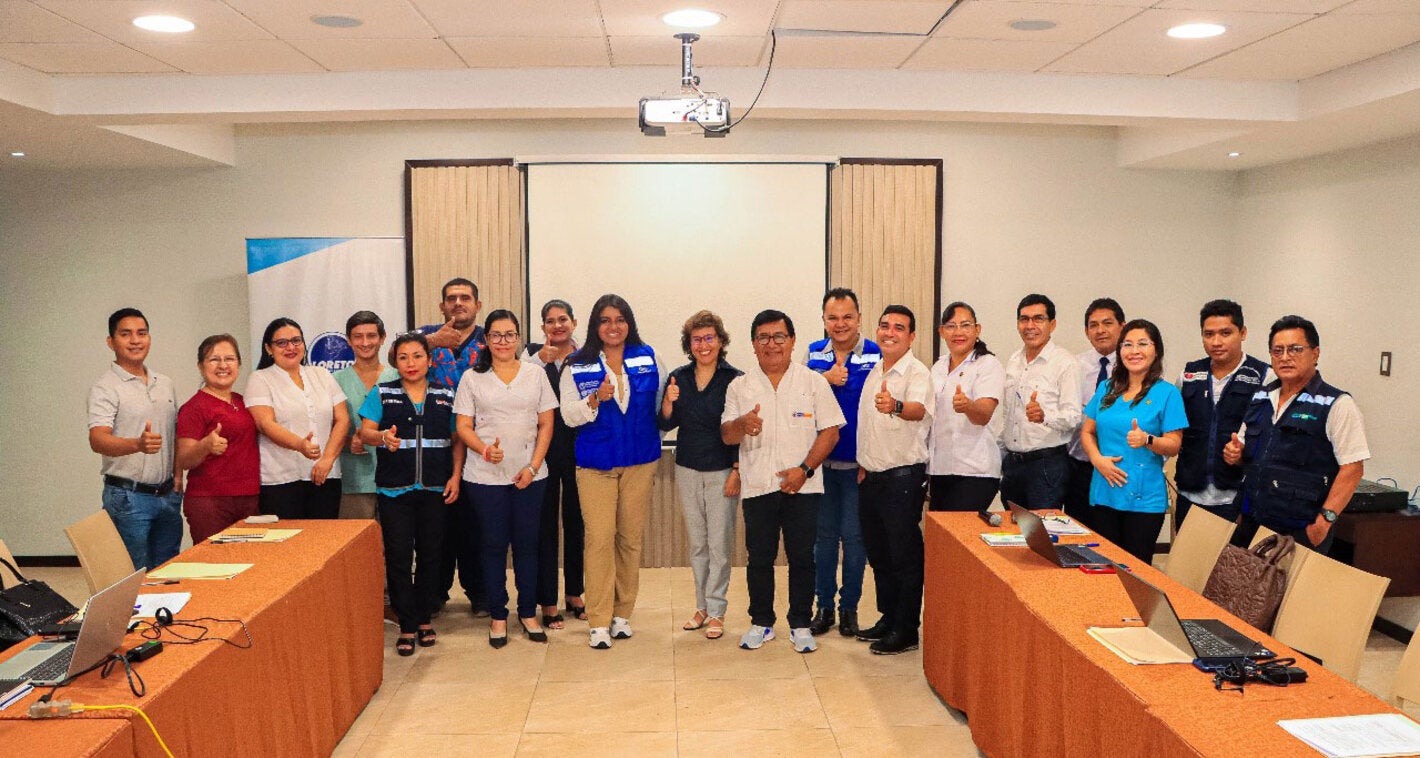
January 23, 2024 (PAHO) - Trachoma is one of the oldest known infectious diseases and is transmitted through contact with ocular secretions of infected individuals, as well as through flies that contribute to its spread. Repeated ocular infection leads to scarring, causing the eyelid to retract and the eyelashes to turn inward, resulting not only in pain and discomfort but also eventually causing permanent damage to the cornea and, consequently, blindness.
In communities with very high endemicity, blindness can occur in childhood, although it is more common between the ages of 30 and 40, especially in communities with extreme poverty due to gaps in access to sanitation systems and safe water. Due to the close contact women have with infected children, the risk of blindness for them is four times higher compared to men.
This disease is preventable. Therefore, the Pan American Health Organization (PAHO) and the Government of Canada have launched an initiative to eliminate trachoma in 10 countries in the Americas region, including Peru. To achieve this, the country office team continues to provide technical cooperation to national and subnational authorities as part of this project.
On January 23 of this year, teams from PAHO/WHO, the Regional Health Management of Loreto, and the Ministry of Health met in Iquitos to jointly determine the intervention areas and strategies to be used to work with the population and health services and systems. the Regional Health Management of Loreto was represented by authorities and technical staff, including Bersy Sánchez Linares, Executive Director of CPC, and Cristiam Carey Angeles, regional coordinator of vector-borne diseases. Additionally, the Ministry of Health's eye health team participated virtually through Cinthia Muñoz and Nilda Trejo.
From PAHO, present were María Esther Salazar, national consultant for Communicable Diseases; Andrea Arpita, national consultant for the Life Course; and Jorge Escobedo, national consultant for Malaria; as well as a team connected virtually from Lima and the PAHO/WHO headquarters in Washington D.C., including Sandra Talero, technical officer for Neglected Infectious Diseases.
This meeting allowed the establishment of the following steps for the work in the coming years. Among them, it highlights the decision to comprehensively address the health needs of the population affected by trachoma, but also exposed to other diseases that can be preventable if the social and environmental determinants that generate them are addressed, such as dengue, malaria, and soil-transmitted helminthiasis. Likewise, priority will be given to strengthening the capacities of local facilitators, both health professionals and Community Health Agents, who can replicate specialized methodologies to contribute to behavior change in communities.



